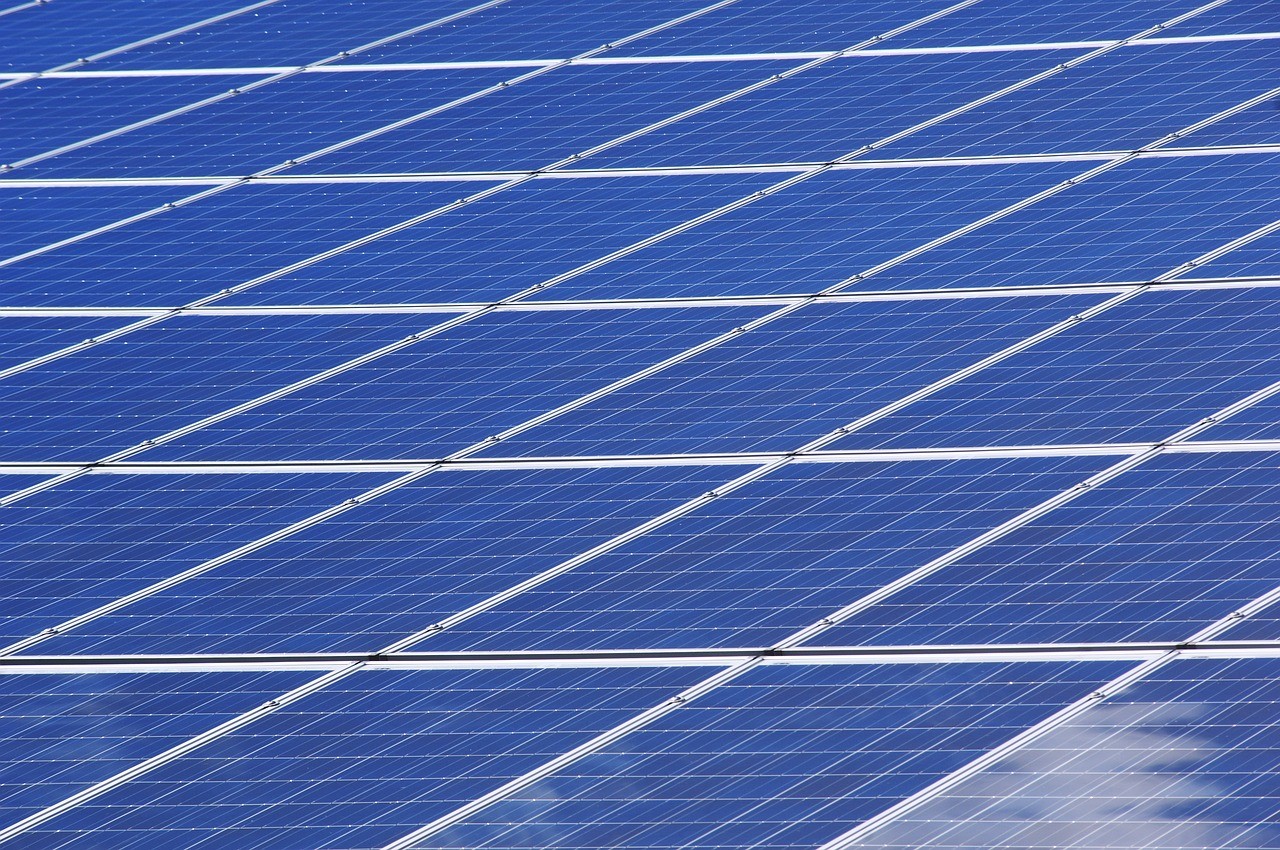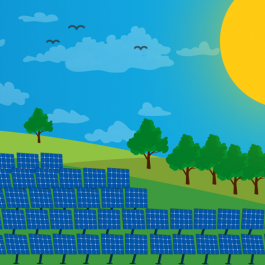Snake_Baker
The one true King of the North
- Apr 24, 2013
- 81,024
- 153,169
- AFL Club
- North Melbourne
- Other Teams
- Essendon Lawn Bowls Club
- Banned
- #626
How much recycling has gone to landfill last few years?
Dunno & don't care mate.
It has given birth to some glorious bureaucratic careers and that's what really matters.







